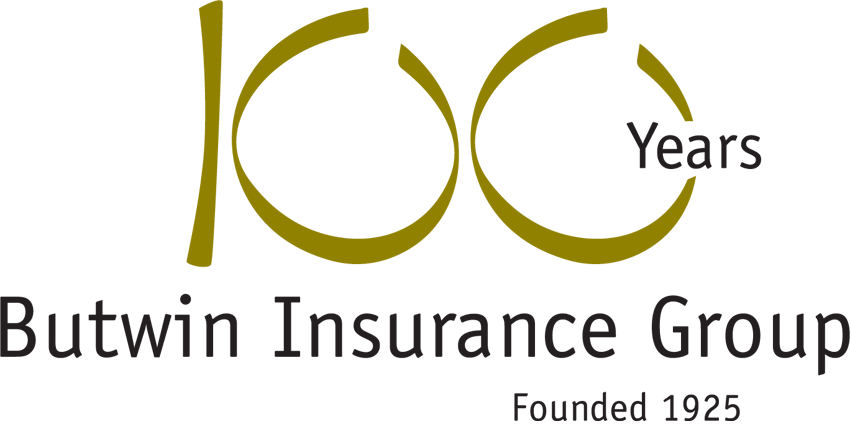Addressing the Special Insurance Needs of Global Businesses
 Doing business in other countries can be very good for the bottom line. However, as a participant in the global arena, you are exposing your business to a host of new risks that can easily decimate your corporate profits – unless your business is properly protected. These exposures are different and often more complicated than buying insurance in the U.S.
Doing business in other countries can be very good for the bottom line. However, as a participant in the global arena, you are exposing your business to a host of new risks that can easily decimate your corporate profits – unless your business is properly protected. These exposures are different and often more complicated than buying insurance in the U.S.
For any firm, the reality of globalization may mean you’ve gone beyond just importing and/or exporting to a sales-and-distribution facility in one key foreign market. You may even have a truly global presence with facilities on every continent. Whether large or small, in one foreign country or one hundred, if you are doing business internationally, you are likely to have faced the challenges associated with insuring your operations around the world.
The primary insurance challenge is how to develop and maintain centralized control over your international insurance program. That’s where Butwin Insurance Group has the experience and expertise to help you develop an insurance program that protects you from specific risks of operating a global business while keeping your costs down.
Butwin Insurance Group Suggests You Consider These Important International Insurance Coverages to Reduce the Risk Associated With Operating Your Global Business:
International Contingent Business Interruption
Would there be an impact to your bottom line if one of your suppliers or customers were unable to ship to you or buy from you due to an uninsured loss? Let’s say 20% of your products contain a key component from a supplier in another country. What would be the financial consequence if their facility were destroyed rendering them unable to buy or sell with you? This exposure is called international contingent business interruption. You should analyze this exposure similarly to the way you analyze the traditional business income exposure at your own facility.
Exporter Coverage
If you are only exporting, you need to purchase an “exporters package” from a U.S. insurer. These policies typically include broad property and casualty coverage, primarily geared to help protect against worldwide general liability claims, and act as a difference-in-conditions policy for automobile liability. The end result being that you can generally get coverage for suits brought against you in foreign countries at little or no additional cost.
If you have employees traveling abroad there is also an option to buy foreign voluntary workers’ compensation insurance as part of most exporters packages. Exporters should also consider their need for cargo insurance and, perhaps, political risk insurance.
Admitted Coverage
Because many countries, as in all U.S. states, require that insurers be locally licensed (“admitted”) to sell insurance, U.S. firms doing business in those countries may be required to purchase some, if not all, coverage through a local, admitted insurer. There are differences, however, even across small geographic regions. In Europe, for example, even with the Economic Union and resulting standardization in many financial areas, there are still vast differences in insurance requirements. Germany, France, and Switzerland require insurance to be written by admitted carriers; Austria, Belgium, and the Netherlands do not. Some countries will have a state-owned insurance monopoly from which you will need to purchase a policy.
Admitted Versus Nonadmitted Coverage
Coverage through an admitted insurer has distinct advantages even if the local government does not require it. First, local tax laws may favor firms that purchase coverage through an admitted insurer. Claims paid under policies written with admitted insurers may also be untaxed, while a claim paid by a foreign-based, nonadmitted insurer may be taxed as regular income.
It is important to bear in mind that admitted coverage might be required by local financial institutions if you want to borrow money even if the local government has no such requirement. In addition, other companies or vendors with which you do business may require certificates of insurance on local, admitted paper.
DIC/DIL Policies
DIC/DIL policies provide a type of umbrella coverage over and around local policies. DIC/DIL policies are in excess of the admitted policies that insure your operations outside of the United States. They allow you to bring your worldwide insurance program to a standard level of coverage and limits. While domestic DIC/DIL policies generally apply only to property coverage, foreign policies commonly apply to both property and liability coverages.
Structuring Limits
Policies in other countries typically involve more layering of coverage than domestic programs. As a result, foreign programs are more prone to being incorrectly structured. For that reason, you need to structure policy limits very carefully according to your company’s individual needs. For example, foreign policies may require you to reinstate policy limits after a loss. (Most domestic property policies, by contrast, provide for policy limits to be reinstated automatically. In other words, if you have a $1 million property limit and sustain a $100,000 loss, you still have a $1 million property limit.) A DIC/DIL policy should cover losses that result should you fail to reinstate the admitted policy limits.
The Best Solution: A Master Program
A master program is a combination of admitted coverage and a DIC/DIL policy with one significant difference: one insurer writes both the admitted and nonadmitted policies, often on one policy. There is an appearance of a standard traditional U.S. policy, which you are accustomed to. All of the aforementioned issues are addressed “behind the scenes” in the layering of the policy. Here is how it works:
There is a worldwide property and liability policy coupled with locally admitted underlying policies. The locally admitted policies are placed as part of the master program typically with an admitted subsidiary or affiliates of the insurer to meet local regulatory requirements and to facilitate service to you, the client. The benefits of a master program are manifold and significant. First, and perhaps most importantly, it pools scattered local currency policies into a single program and can, thus, save on premium costs. In addition, a master program helps to eliminate coverage redundancies created by overlaps in policies. Finally, you can save money by avoiding the hidden costs for uninsured or underinsured losses created by coverage gaps.
Master programs also simplify loss settlements because the same insurer handles your losses under both admitted and nonadmitted policies. In addition, your insurer is much more likely to take a close look at your entire international risk profile and provide more effective loss control and engineering services.

 Agency Billed
Agency Billed